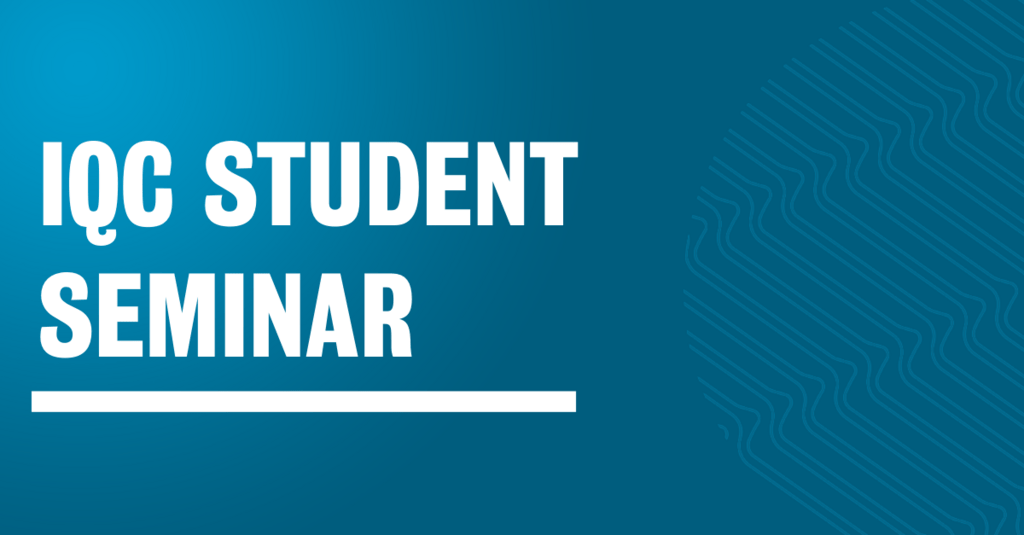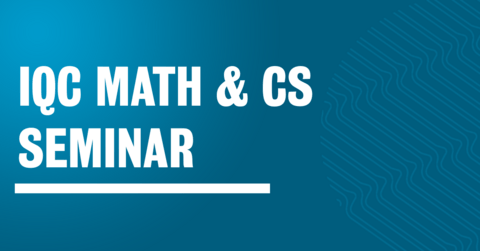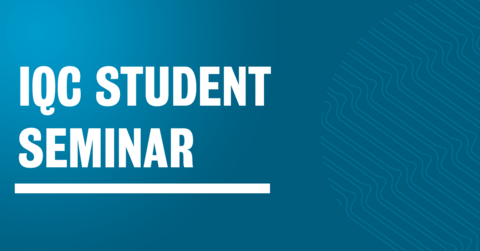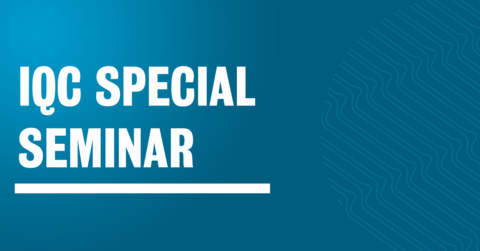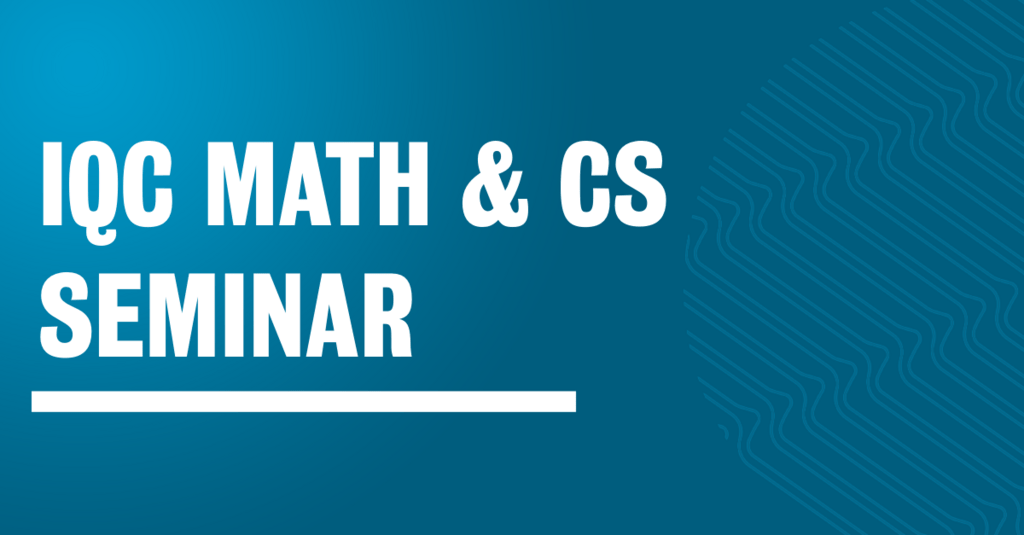Wednesday, June 4, 2025 10:00 am
-
11:00 am
EDT (GMT -04:00)
IQC PhD seminar featuring Jiahui Chen
Engineering robust and precise effective Hamiltonians
Location: RAC2 1101
